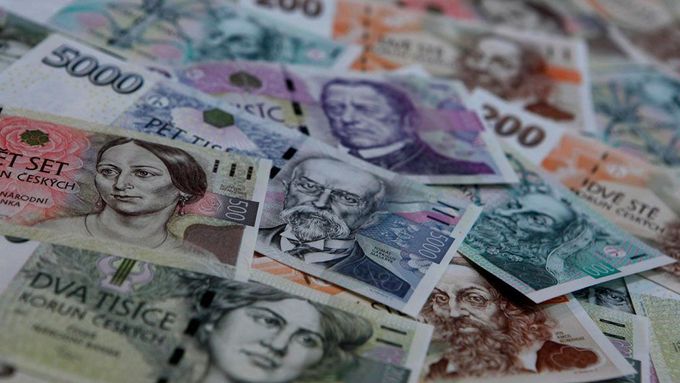Prague - The decision of the Czech National Bank (CNB) last week to weaken the Czech koruna is aimed at forcing people with large savings to start spending now instead of waiting for even lower prices. "Prices will not get any lower," said CNB governor Miroslav Singer in an interview with the MF Dnes newspaper, adding that the central bank will keep the exchange rate near 27 per euro for at least a year and a half.
The CNB's step, which surprised analysts as well as the public, is supposed to give a boost to Czech exporters and, in effect, increase employment.
Merkel's triumph to have mixed effect on Czech economy
"A weaker koruna will support exports and eventually also investments in the industry. This will start to translate into higher employment and a faster growth of salaries and consumption," said CNB official Petr Kral. Citing Okun's law, Kral also said that this effect will materialize in between six to nine months.
Domestic consumption has been muted for a long time, which has translated into falling prices. Kral calls this a "discount spiral".
Outgoing technocratic Prime Minister Jiri Rusnok told the Czech Press Agency (CTK) that the move will boost the Czech Republic's competitiveness as well as tax revenues. President Milos Zeman is allegedly considering appointing Rusnok as a new member of the CNB board, replacing Eva Zamrazilova whose term expires in February 2014.
Number of employed poor Czechs reaches to 1 million
Critics argue that the measure will only weaken the slowly recovering domestic demand.
"The CNB made its biggest mistake since May 1997," Partners analyst Pavel Kohout told Aktualne.cz. In May 1997, the CNB dramatically raised interest rates.
"In half a year, the intervention will be forgotten and the koruna will be stronger than before the intervention," said Next Finance economist Marketa Sichtarova.
"It is an erroneous decision and it is a risky decision," said ex-President Vaclav Klaus, adding that the economic situation in the Czech Republic has been unclear in the past five years, and the CNB's move may further increase this insecurity. Moreover, the measure will not revive stagnating domestic consumption, he added.
"There is no threat of deflation," said current President Zeman.








